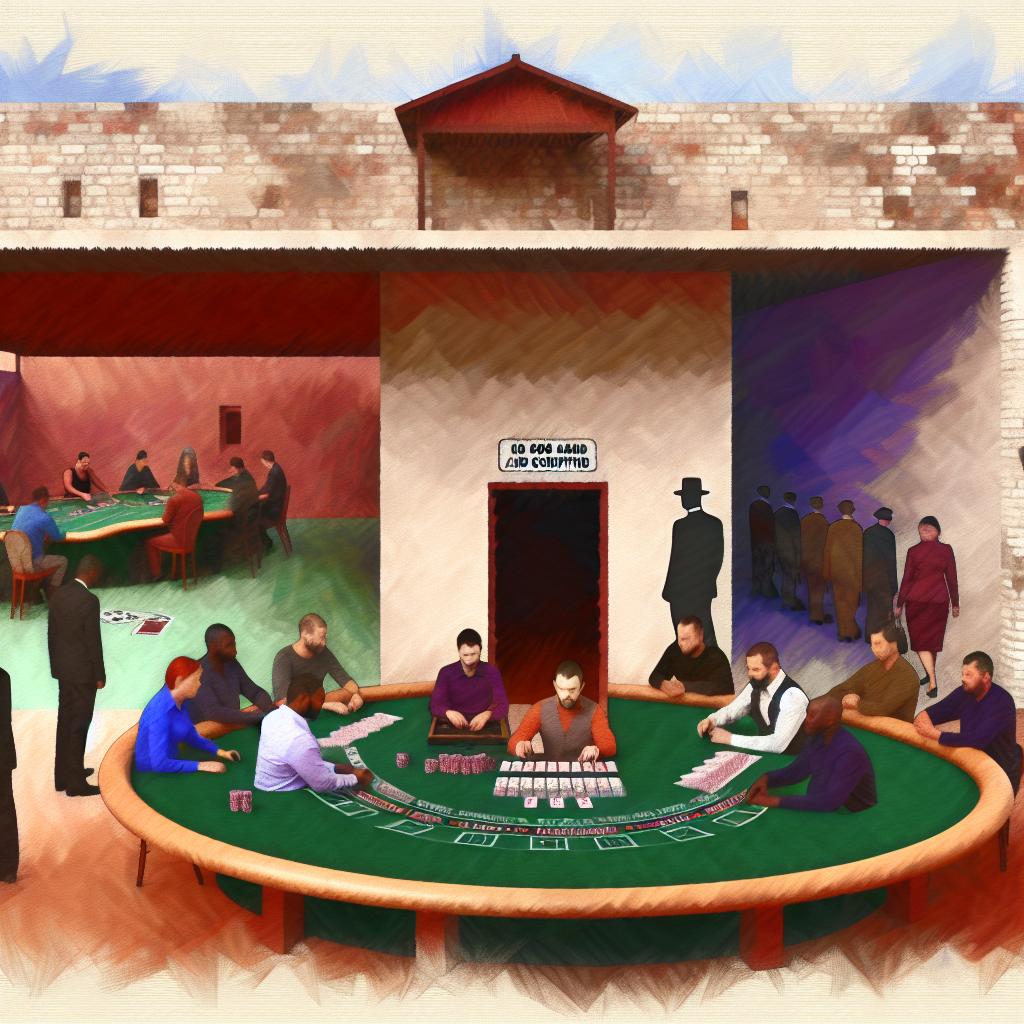Understanding Card Counting
Card counting is a well-known strategy primarily used in the game of blackjack. Players leverage this technique to keep track of the high and low-value cards that have been dealt, thereby enhancing their ability to predict the likelihood of future cards being favorable. When executed effectively, card counting can provide players with a statistical edge over the house. It is important to note that card counting does not constitute cheating; rather, it is the application of probability and strategy within the established rules of the game.
Legal Implications of Card Counting
In the context of legality, card counting is not prohibited in most jurisdictions. There are no specific laws banning this practice, as it relies solely on a player’s memory and mental calculations, and does not involve external devices or overt cheating tactics. However, since casinos operate as private entities, they retain the right to refuse service to any individual, which often extends to individuals suspected of engaging in card counting. If a player uses a device to aid in card counting, it may then fall under the category of illegal activities, as it contravenes laws against cheating.
Casinos’ Stance on Card Counting
Despite being legally permitted, card counting is generally regarded unfavorably by casinos because it can erode their built-in advantage. Casinos employ various surveillance techniques to monitor games for evidence of card counting. If a casino suspects a player of using card counting strategies, they may undertake several actions:
Asking the player to leave the establishment.
This is the most straightforward response, and it is entirely within a casino’s rights. They do not have to provide a justification for asking a player to leave, though it is usually apparent if the player is suspected of counting cards.
Banning the player from future play.
An extension of being asked to leave, a ban can be temporary or permanent. Some casinos share the details of banned individuals with other establishments to prevent these players from easily moving to a different venue.
Shuffling the cards more frequently.
By adopting frequent shuffling practices, casinos disrupt the count, making it exceedingly difficult for card counters to maintain an accurate tally.
Although casinos have developed these countermeasures, adept card counters can still implement their strategies successfully. They do this by altering their playing style to exhibit a more casual demeanor and avoiding any systematic pattern that might attract suspicion.
Legal Cases and Precedents
There are several notable legal cases involving card counting that have helped to establish legal precedents. Fundamentally, courts have generally supported the view that card counting, being a matter of intellect and experience, is not illegal. A key case took place in New Jersey, where the ruling reinforced the idea that players are allowed to utilize their intellectual capabilities and acquired skill, thus affirming the legality of card counting in games of skill. However, despite this legal backing, casinos are not barred from taking non-legal actions such as profiling players or relying on other internal rules to mitigate the effects of card counting.
Conclusion
In summary, while card counting itself is not illegal, it resides in a somewhat gray area where the rules and expectations of casinos intersect with the players’ legal rights. Players who engage in card counting should be prepared to face potential repercussions from casinos, such as being ejected from the premises or receiving a permanent ban. Understanding the specific gambling laws within their jurisdiction is also crucial, as these regulations can differ significantly between regions. For individuals seeking a deeper understanding or clarification of casino regulations, the best resources would be the official websites of state or governmental gaming commissions, such as [New Jersey’s Office of the Attorney General](https://www.nj.gov/oag/ge/home.htm).
Overall, whether someone chooses to engage in card counting depends not only on their skill at the game but also on their understanding of the potential legal and personal impacts of their actions. It remains a fascinating aspect of gambling that blends strategy with psychology, with a firm foot in both the legal and public domains. Understanding both its mechanics and its implications is vital for anyone interested in exploring this method as a legitimate strategy in casino gaming.

